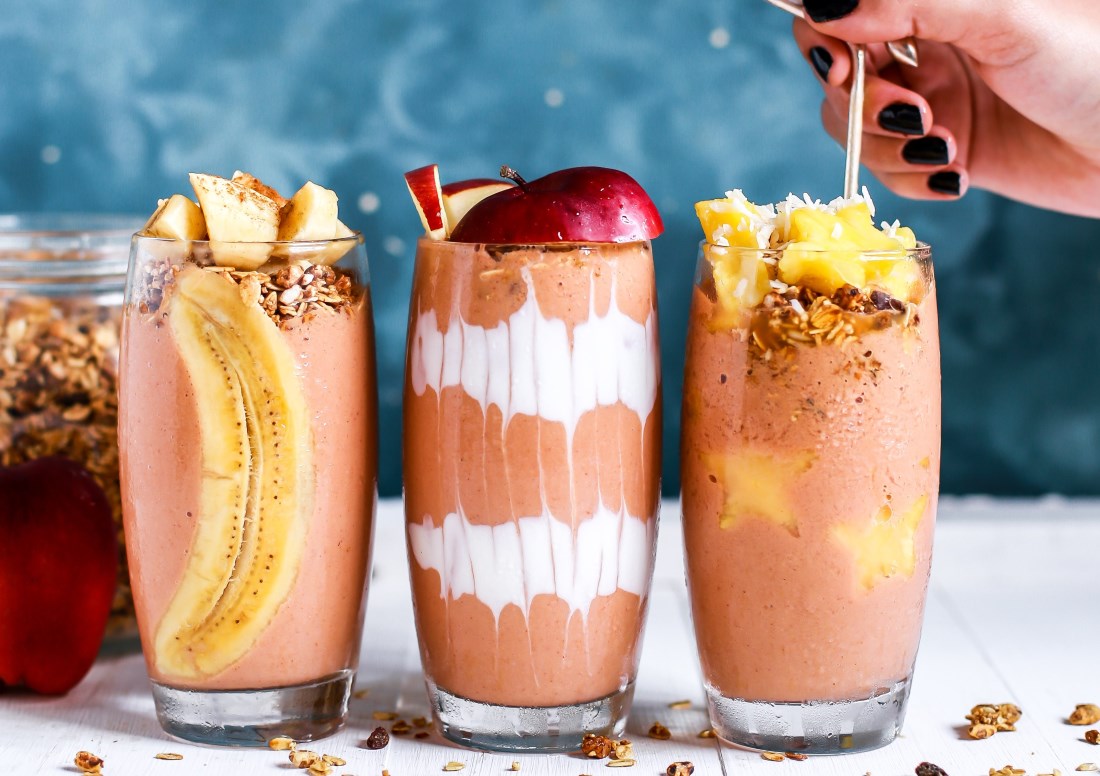How to Keep Up With Your Diet On Every Occasion

Diets can be nerve-wracking. It always starts out strong: you feel eager, you know you’re making a change, and you feel proud of your good choices (you ate a vegetable, yay!). But then a few weeks or months in, and you’re already starting to see how maintaining a diet is a little trickier than you thought. From uncontrollable hunger pangs in the middle of the night, to the tempting smells that draw you in each time you pass your favourite bakery, dieting is basically all about fighting with yourself and unexpected circumstances that might push you to overeat. Looking for a way to avoid this and stay on track? Then read on, because we’ve got a few good tips.
Diet is making you miserable
The feeling we’re looking for when on a diet is mostly this: I really miss chocolate, but damn, I feel great! It’s fine to miss certain food, but if you’ve noticed a dip in your energy and your mood, then something’s wrong. Feeling cranky, tired, and generally miserable is an indicator that your diet might be too restrictive or that it’s lacking in certain nutrients which are essential to your wellbeing. A diet is not a prison sentence, and it’s not supposed to revolve around starvation. Talk to your doctor or a certified nutritionist and create a meal plan that you’re satisfied with – this will make it so much easier to stick to.
You tend to get overconfident
It’s been a few months and you’ve shed almost all the weight you wanted to shed. Time for a celebratory pizza! Well sure, if you want all that weight to bounce right back. An occasional treat from time to time is a great idea, but growing lax and indulging too often will eventually lead to unwanted pounds. Limit the “rewards” and stick to your plan. Once you’ve reached your goal weight, it’s time to start thinking about maintaining it rather than just getting back to your old bad habits.
Parties and overeating
“But it’s a party! I’m not just going to stand in a corner and eat salad while everyone else is having fun!” Sound logic, but only if you apply it very, very infrequently. You’ve been dreaming about your mom’s banana cream pie all year and you know she makes it once a year for your birthday? Then, by all means, grab a slice! But if you use this excuse for every barbecue, office party, and holiday coming your way, you’ll soon lose track of your diet completely. Parties also rarely offer healthy meal choices, so it’s a good idea to plan ahead. If you’re organizing a celebration, rely on a catering service with a good wellness program to offer you some healthy variety with your snacks, and also never attend another person’s party on an empty stomach.
Stress and binge-eating
You’ve had a disastrous few days and nothing would cheer you up like stuffing your face with junk food and sleeping through the weekend. But here’s the deal, the pleasure gained from that is short-lived, and you know it. You know you’ll feel good for about ten minutes as you eat and regret it right after, you know it will just make you feel guilty. To solve this, the best thing you can do is to have a strategy to deal with stress that doesn’t involve food. For example, reading a fast-paced, exciting book, or dancing to lift your mood, or exercising to help you release the tension. Maybe you just need to look at pictures of tiny puppies and vow that you never want to disappoint them – whatever works!
The gist of everything here is really this: diet is a lifestyle change. It works the best when you make sustainable, healthy habits, and when you really commit to simply living a better life. Write down your progress in a notebook and take a look at it after a few months – you’ll feel proud of how much you’ve accomplished.

























